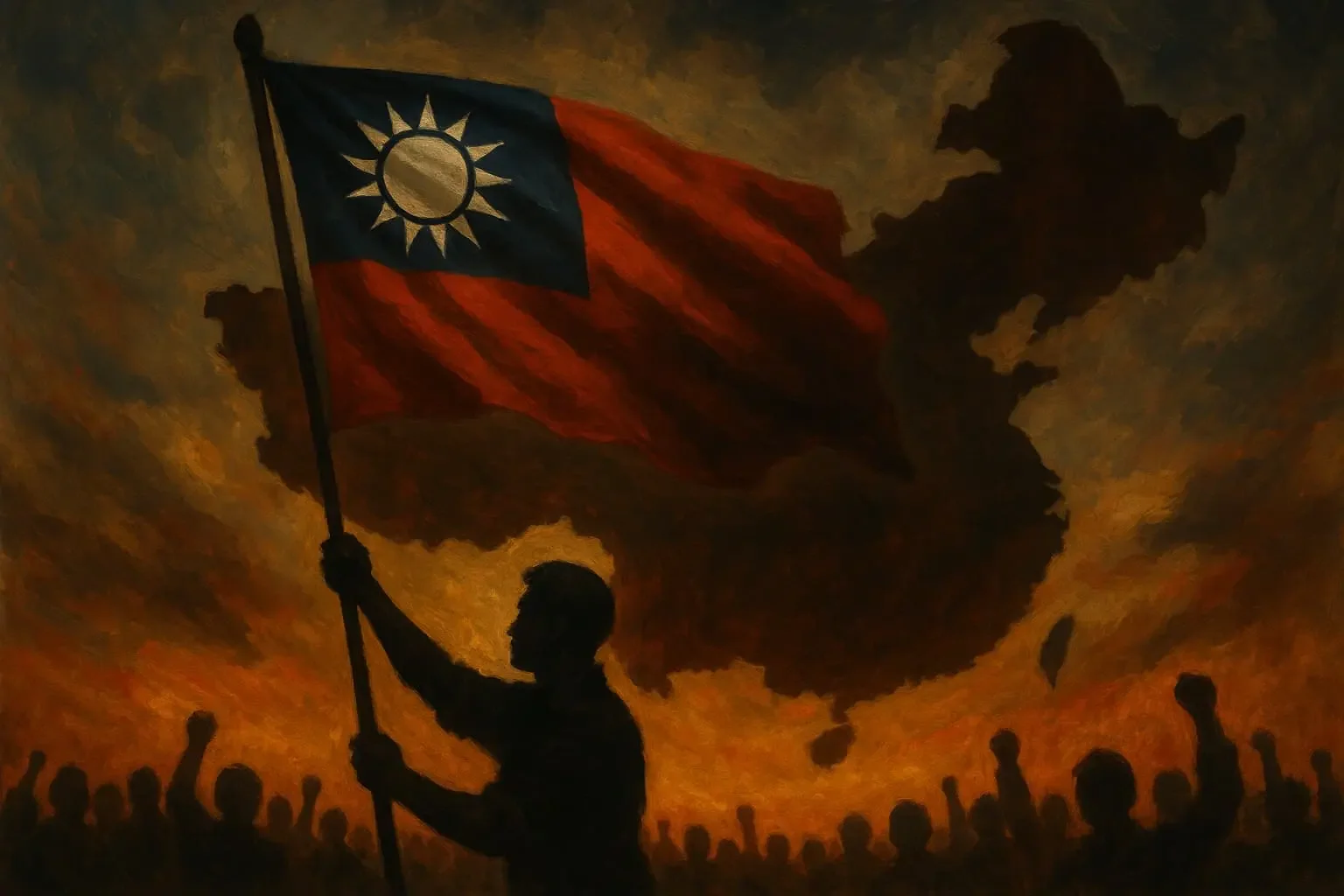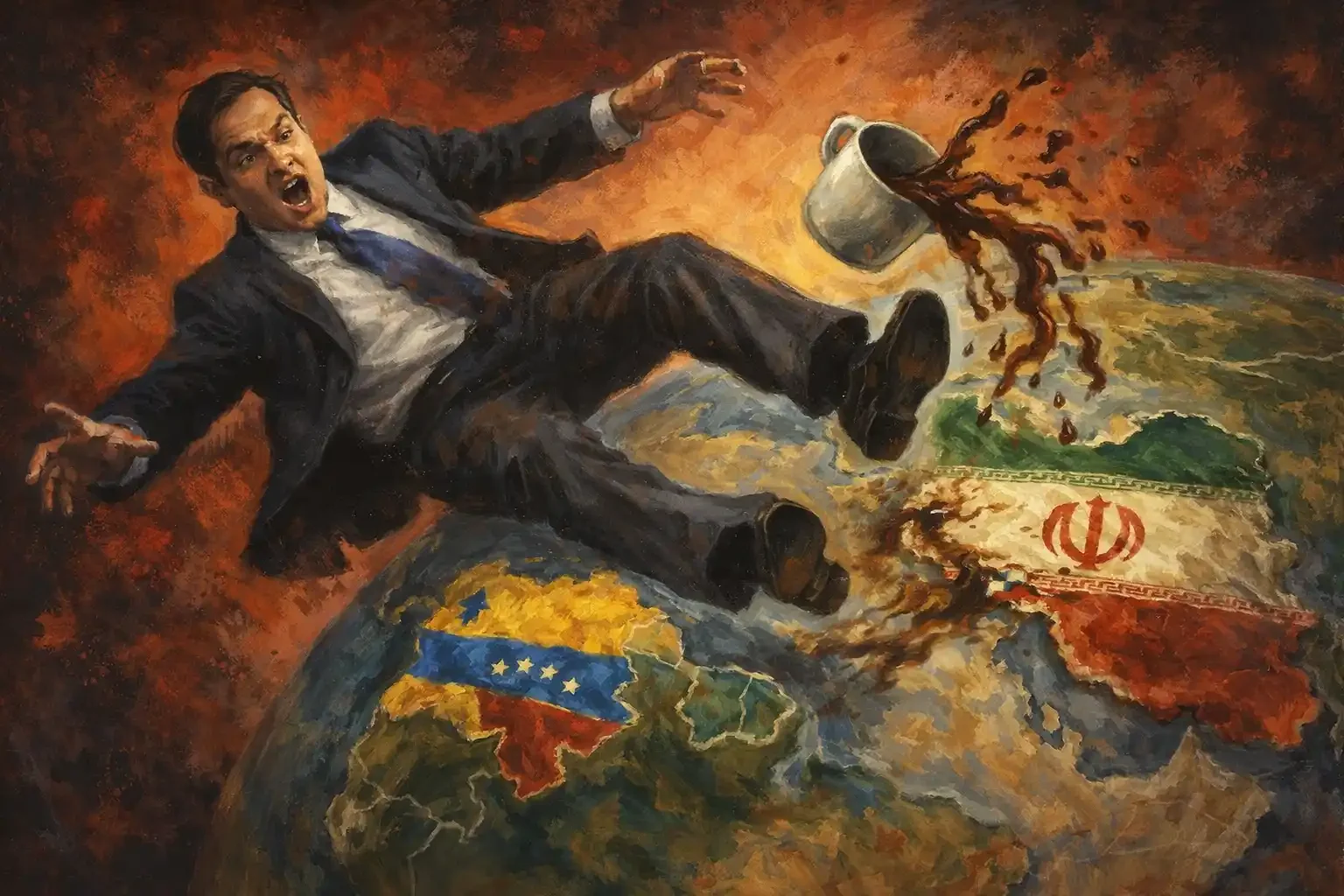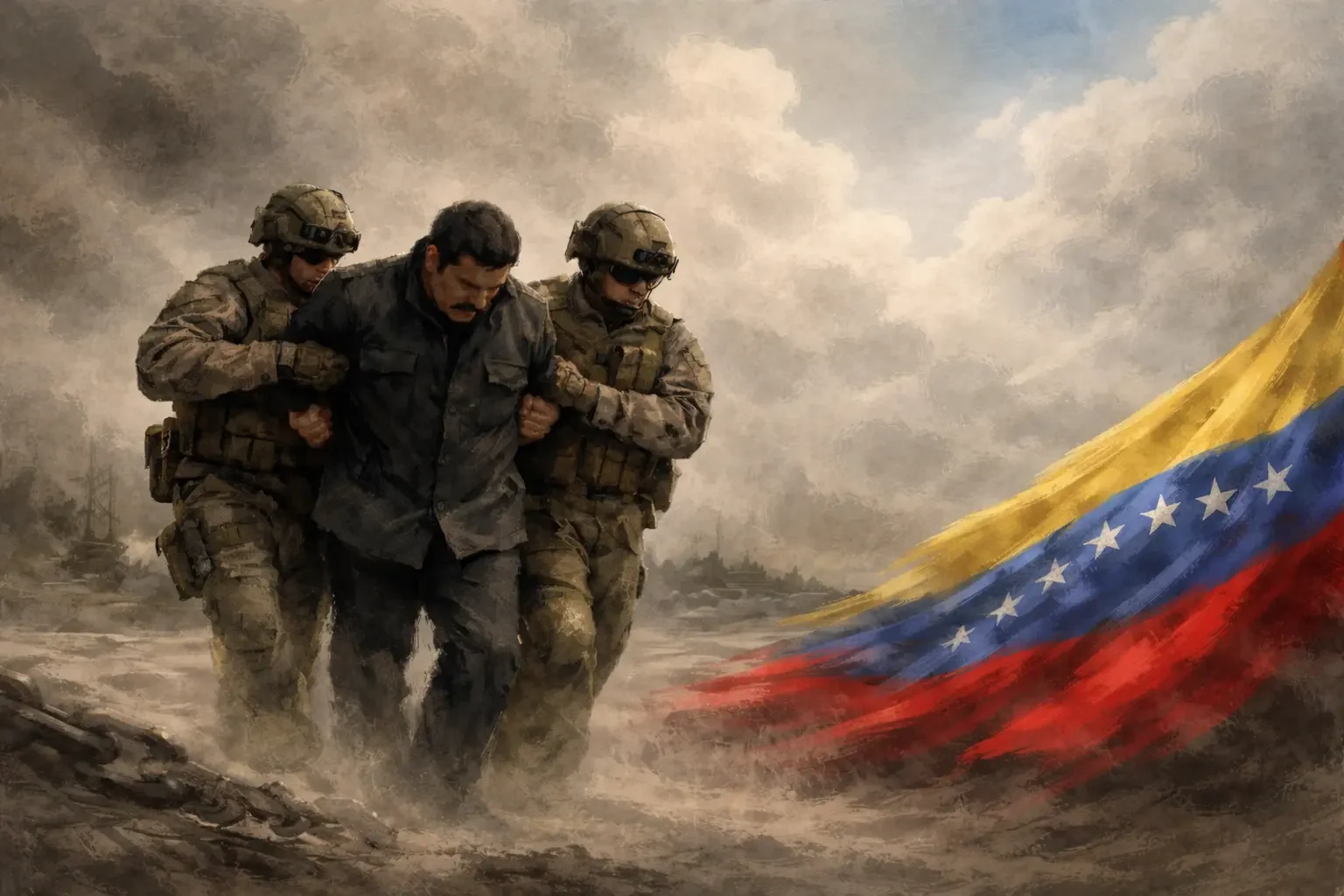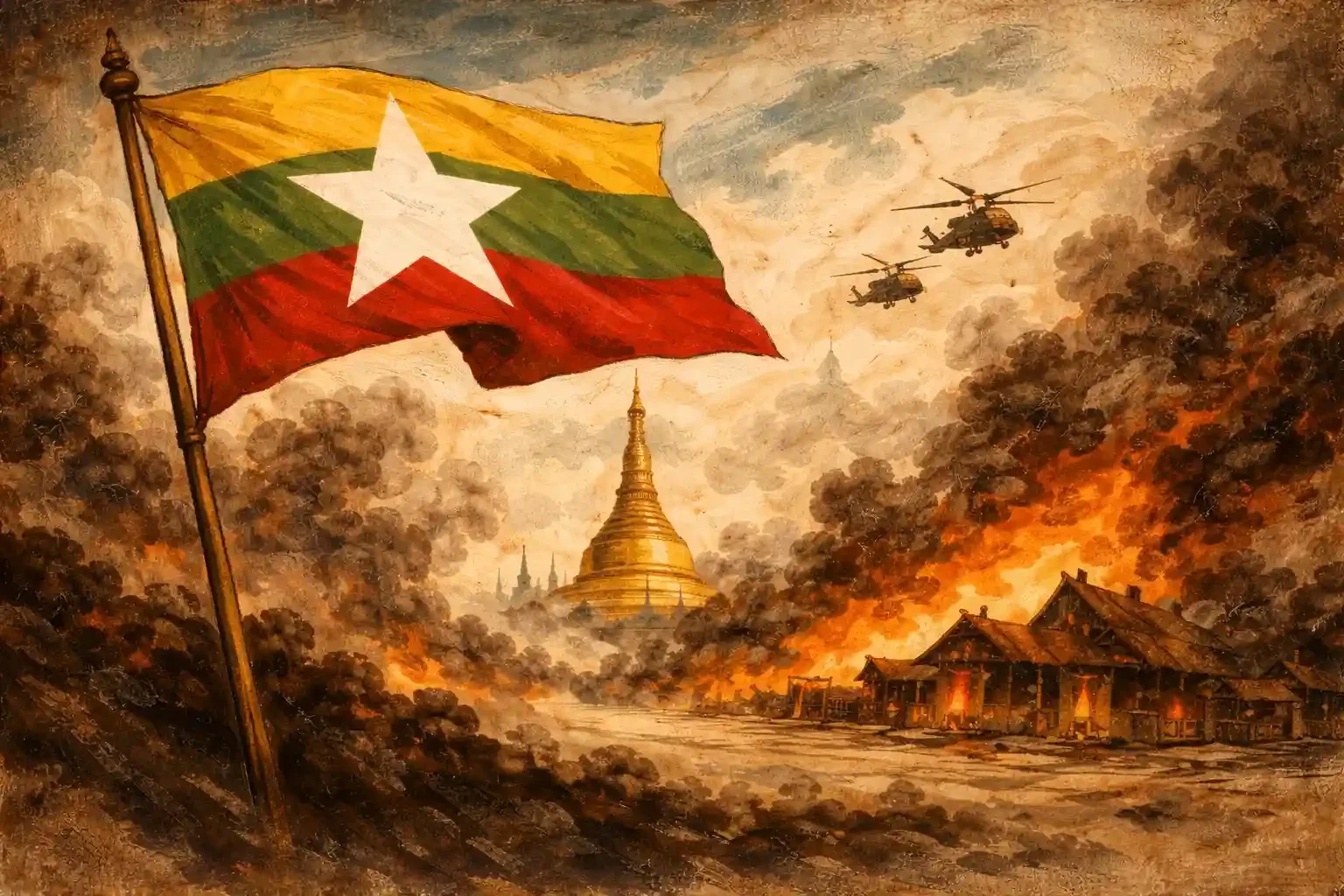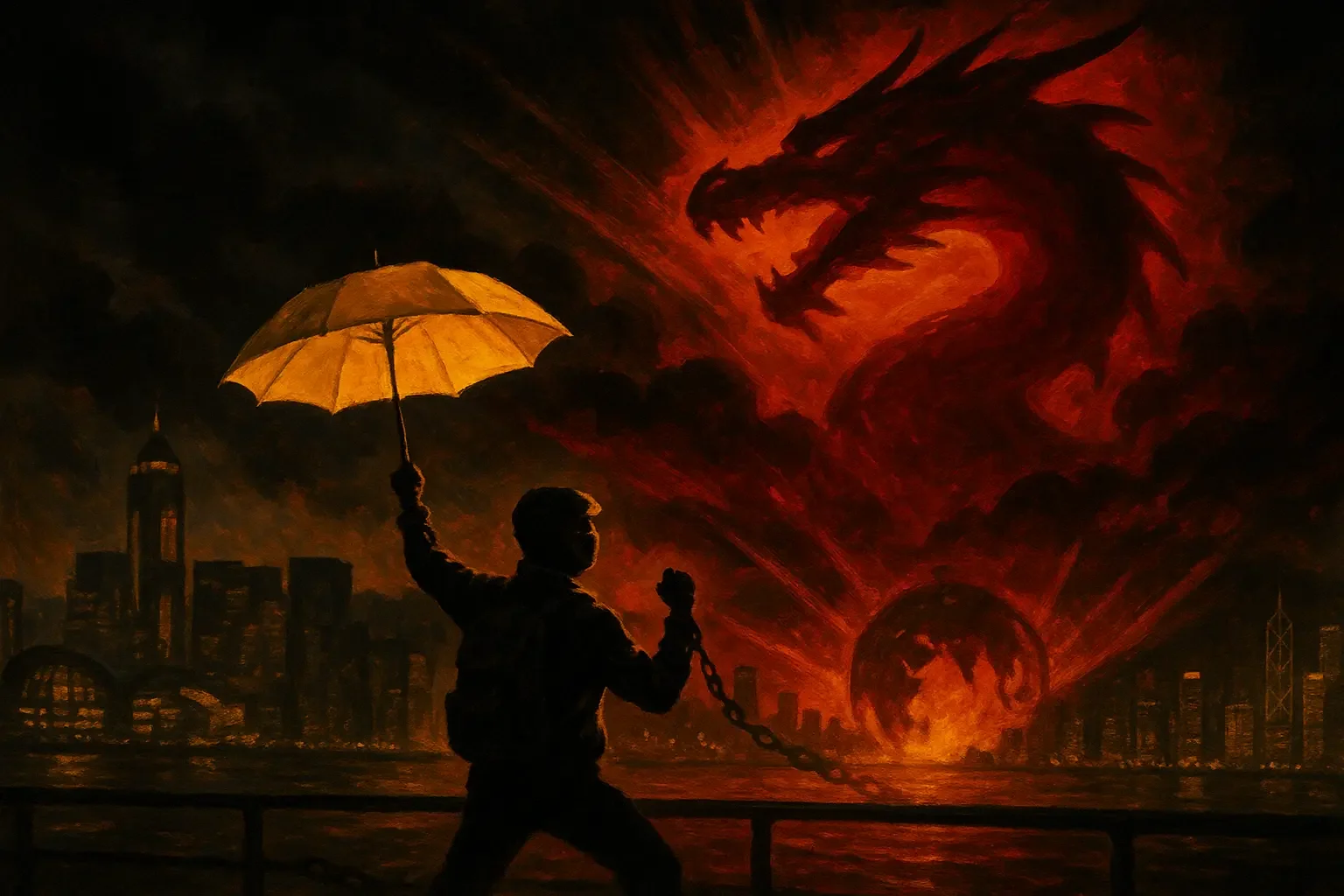The Taiwan Question
As this latest round of tension between the US and China cools, the precarious situation of the world's most gallant little democracy continues to hang in the balance. Trapped between two terrible superpowers, Taiwan has become an admirable beacon of democracy and passive resistance, not just for Asia but for all global movements against dictatorship. The question of what to do with Taiwan remains unanswered, though I will venture an opinion here.
It can hardly be denied that Taiwan can look after itself. Their track record thus far has been impressive. Despite its difficult position, the Taiwanese have accepted no excuses in consolidating their democratic system. Since its first free and fair elections in 1996 formally ended the military government, Taiwan has built a robust constitutional system protecting the sacred and universal principles of democratic oversight.
These principles are not just institutional; a considerable belief is shared among most ordinary Taiwanese that their way of life is good and must be protected. Indeed, and worryingly for the West, the Taiwanese seem to believe in these values even more than we do. This precious care for their democracy is perhaps due to, rather than in spite of, facing potential existential erasure at the hands of a dystopian totalitarian regime next door.
I've long described Taiwan as a third nerve point where a global conflict might break out, along with Ukraine and Iran. Beijing's ambition to "reintegrate" the island has been met by the US’s strategic ambiguity over whether it would defend Taiwan in an invasion. This ambiguity has not deterred the Chinese Communist Party (CCP) from ordering the People's Liberation Army (PLA) to be ready to essentially take Taiwan by 2027. Particularly in 2025, an acceleration in military exercises around the island has left it feeling more isolated in an increasingly volatile world.
Indeed, Beijing has little reason to act cautiously. Since the international community watched and did nothing as Hong Kong's democracy was extinguished in blatant violation of the Sino-British Joint Declaration, Beijing is less likely to worry about retaliation. This inaction, coupled with China's deep global economic integration and pragmatic debt diplomacy winning over Western allies, makes it difficult to challenge. China's salami-slicing tactics against Taiwan, using a mixture of propaganda and increasing pressure, have countered US policy quite effectively.
With the second Trump administration's early bellicose and chauvinistic foreign policy, things became even more alarming. The Taiwanese watched as President Trump and Vice president JD Vance reprimanded Ukrainian President Zelensky in the White House. And it was growing worry in Taipei whether this strategic ambiguity was leaving them in the dark rather than Beijing. The US’s unhelpful flip-flopping with traditional allies makes a Hong Kong-style fate look ever more probable for Taiwan, as Beijing would especially want to avoid a war if possible.
In fact, in weird relief, the US position makes a potential global actually conflict less certain. The Trump administration has a steady track record of avoiding global escalation at these nerve points. Ukraine has not been escalated (admittedly not due to US actions), and the Israel-Iran conflict was limited to the region, suggesting that in the event of a Chinese invasion, the US might opt not to protect Taiwan to avoid a nuclear war with China. The price though would be that the US would lose the remaining tatters of its credibility, especially in Asia. But perhaps that’s worth it to avoid general war?
My interest in Taiwan has been both personal and ideological. While defending any free democracy involves principle, I also have more emotional connection to the island. Giuseppe Mazzini, the namesake of this website, found his political thought best practically implemented in the Chinese revolution led by Sun Yat-sen, founder of the original Republic of China in 1912. Sun's Three Principles and his writings have shaped my own thought, so I naturally feel a political sympathy with Taiwan, which adopted the Republic's innovative constitution.
While often overshadowed by the corruption and massacres of Chiang Kai-shek, who took over the island after losing the civil war, Sun's inspiration remains a legacy for Chinese on both sides of the Strait. This legacy, despite any CCP distortion, is a democratic vision aimed at unifying the Chinese peoples under one republican government. In my view, this vision has a universal appeal.
Beyond this political sympathy, Realpolitik is also at play. Taiwan, though unofficially so, is an informal democratic ally that must be defended if we are serious about countering China. Taiwan represents a rare cross-section of liberal internationalist aspirations and political realism; supporting the island is both just and pragmatic (which is a precious rarity). Facing the mainland regime, Taiwan is on the front lines of the broader effort to counter the CCP's attempt at global hegemony. Resistance is paramount if we wish to live in a world where human rights and freedom are still valued, not seen as either insignificant or as hindrances.
This being said, I am skeptical of the rush to declare or recognize Taiwanese independence. The opinion of the Taiwanese on this matter is still very much undecided, and this isn’t an issue we should decide for them. While a great majority identifies as Taiwanese, only a slim majority favors independence. Despite mounting threats from the mainland, and of course an uptick of pro-independence feeling after COVID-19 broke out, the One-China policy still holds sway on the island. While mainland propaganda plays a role in pushing reunification, there is perhaps also a lingering belief in the original Sunist vision of a unified China.
For me, this is the preference. My skepticism toward independence is not just about avoiding war; it is also a potential tool for countering China geopolitically and for fostering the democratization of China itself. Back in the first Trump administration, the US spearheaded an attempt to form an alliance of ten democratic allies, the Democratic 10 (D10), to counter China.
Though it was initially primarily economic, the D10 could have also been a bloc that could have taken bold action against dictatorships around the world. For example, one consequence of the CCP's Hong Kong crackdown should have been the D10's collective recognition of Taipei as the representative of all China, rather than Beijing. This would, of course, have provoked China's typical response of breaking off all economic and diplomatic relations. But if this had been done from a position of strength by ten of the richest countries deeply integrated with China, it could have turned China's greatest advantage into a significant liability. Alas, no such bold moves were taken.
There is also another point to add to being opposed to Taiwanese independence, though this one is asking a lot of a people who have already gone above and beyond. When the US overthrew Saddam Hussein in 2003, the Kurds could have pursued independence and abandoned the Arab Iraqis, leaving the Kurds to enjoy their democratic freedoms. They did not, but instead, despite repression and genocide, opted to fight alongside their fellow Iraqis and participate in the new republic. This is very much what the Taiwanese could do. Rather than declaring independence just to preserve their own democracy, they could fight alongside their Chinese brothers and sisters to rid them of the CCP.
Another solution, if not the end of the CCP is that the US could still influence a possible reunification, especially one establishing a power-sharing arrangement. With the strong likelihood of wanting to avoid war, Beijing could be theoretically put into position where its price for Taiwan is having to contest free elections. Such an arrangement could create some form of two-party regime in China, rather than the one-party regime we have now. It all depends on whether the CCP would be willing to risk the ballot box.
Ultimately however, neither of these solutions are looking particularly feasible at the moment. Donald Trump has made the US position murkier than ever and though one can hold principles, my influence over what the US ought to do with Taiwan is not particularly large. Maybe more disheartening is the West’s indifference toward the fellow democracy. Taiwan has never particularly been a strong cause of the internationalist left, like the Kurds have been (though not now) and the mainstream is more on “anti-Western colonialism” than global democracy. This indifference has been born out this general sense of ingratitude to our own democracies that, despite the problems that do exist, are not under same existential threat as the Taiwanese’s.
Unfortunately, I am becoming increasingly more pessimistic about Taiwan’s democratic survival. Or perhaps it is down to Mazzinians to change that?


